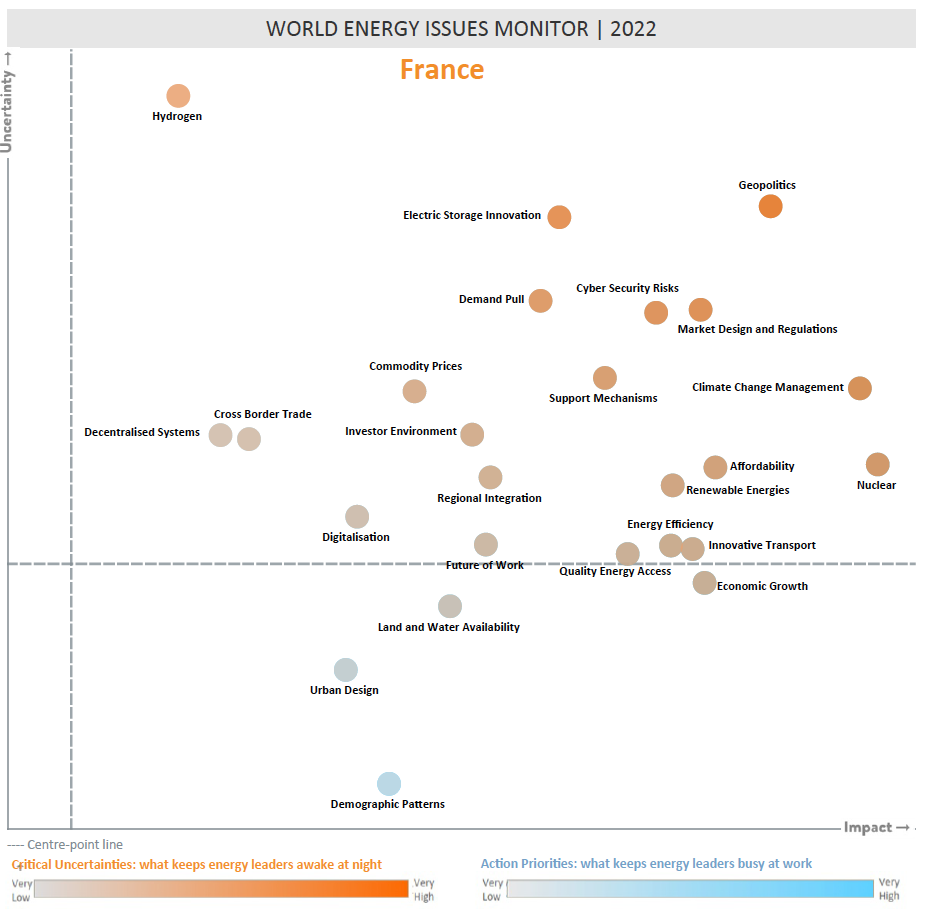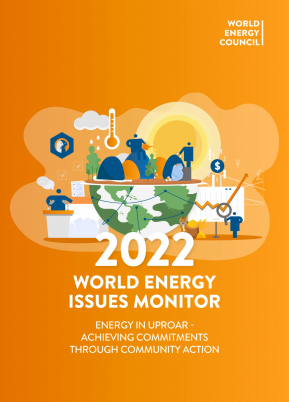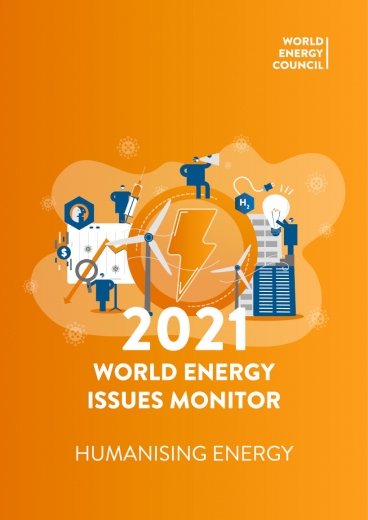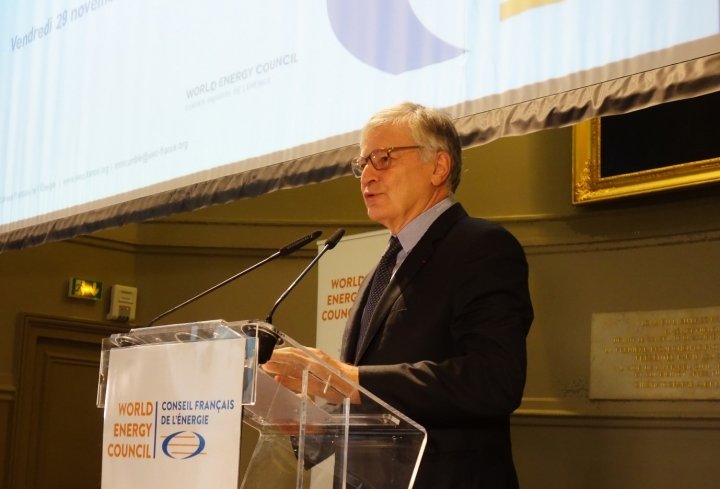The French Council of Energy is the World Energy Council French National Committee. Its members are leading French companies, organizations, institutions and associations with an interest in scientific, technical and industrial participation in global energy issues. It represents its members in all international activities of the World Energy Council, in particular during the preparation of the World Energy Congress. The Council considers all matters relating to the provision and use of sustainable energy useful to the activity of the World Energy Council, and monitors and promotes research related to these questions.
Jean-Bernard Lévy was appointed Chairman and Chief Executive Officer of EDF Group on November 26th, 2014.
From December 2012 to November 2014 he was the Chairman and Chief Executive Officer of Thales, a leading electronics and systems industrial group.
From 2002 to 2012, he was at Vivendi, a global communications and digital media company, based in Paris. He was Chief Operating Officer of Vivendi from 2002 to 2005, and CEO from 2005 to 2012.
From 1998 to 2002 he was Managing Partner, Corporate Finance at Oddo & Cie.
From 1995 to 1998 he was Chairman and CEO of Matra Communication.
Jean-Bernard Lévy was General Manager, Communications satellites of Matra Espace and then Matra Marconi Space from 1988 until 1993, when he became Chief of Staff to Gérard Longuet, the French Minister for Industry, Postal Services & Telecommunications and Foreign Trade.
From 1986 to 1988, he was Advisor to Gérard Longuet, the French Minister for Postal and Telecommunications Services.
Jean-Bernard Lévy began his career in 1979 with France Telecom as an engineer in Angers. In 1982, he became responsible for the management of senior staff and budgets, and was later promoted to deputy head of Human Resources.
Jean-Bernard Lévy, 62, is married with four children. He is a graduate of the École Polytechnique (1973) and Télécom ParisTech. He is an officer of the Légion d’Honneur and of the Ordre National du Mérite.
Jean Eudes Moncomble is, since March 2002, secretary-general of the Conseil Français de l’Énergie, the French member committee of the World Energy Council.
Engineer (Ecole Centrale de Paris) and economist, he began his career in 1981 at the Ecole Centrale de Paris where he was appointed professor of Economics and Management in 1985.
He joined the corporate strategy division of Electricité de France - EDF (General Economic Studies) in 1992. Head of department in 1995, he was in charge of various issues, in addition of economic and energy issues: electricity markets, energy companies’strategy, generation, environment, regulation.
At the European level, he chairs the Sustainability Board of the CEEP (European Centre of Employers and Enterprises providing Public Services and Services of general interest,). He is member of several associations in the energy field or in the economics field; he is member of the Board of the French Economic Association and ensures several lectures in universities or “grandes écoles”. He is the chief editor of the bimonthly publication La Revue de l’Énergie.
Energy in France

In the representation of French energy issues, we find the major
trends in energy opinion that are in line with the perspective of the
end - at least provisionally - of the pandemic, last December when
the survey took place, with an important French particularity: the
Presidential election to be held in April 2022.
Among the issues that keep French “awake at night”, characterized by
a strong importance and uncertainty, there are:
- The trio of climate issues is well perceived as one of the most
important issues and it is indeed the subject of debate on the relative
places of the struggles against climate change and against Covid-19, the second one should not make us forget the urgency of the first one;
- The end of the year has already been marked by significant price
increases, linked to the global mismatch between energy supply and demand, in a context of recovery of the world economy; without obviously anticipating the current dramas, some are analysing these increases through the prism of geopolitics, while others are already raising question about the market design;
- The periods of lockdown have highlighted the risks associated
with the very important use of digital technology and the risks of
manipulation in pre-election periods are beginning to be mentioned.
Among the “busy at work” issues, we find the two key technologies
for the decarbonisation of energy systems: nuclear power on the one
hand, whose place is very characteristic of the responses in France as this sector is at the heart of the energy policy. Renewable energies on the other hand, the second pillar of energy production in France, with a reminder of the challenge of developing energy storage, which is for some the condition for the deployment of renewable energy.
The importance of the economic environment is stressed and the issue of access to energy at a reasonable price appears very important: we remember that France is still marked by the difficult episode of “yellow vests”, caused by an increase in energy prices related to the implementation of the carbon tax.
If we look at the left-hand side of the map, where the less important
issues are represented, we find, without surprise, the price of coal
since the prospects for the exit of this energy were in December well
established? Hydrogen has a more reserved place, in contradiction
with certain ambient discourses since this issue, which is not very
important, is subject to great uncertainty.
What is striking about this map is that it remains, after the invasion
of Ukraine and a few days before the first round of the French
presidential election, quite relevant: the publication of the IPCC
report has, once again, reminded us of the extreme urgency of the
importance of the fight against climate change. The rise in prices has taken on a scale that we could not have imagined and we are witnessing the return of reflection on the security of energy supplies, in connection with geopolitical developments. As for the presidential candidates, they are very widely solicited, as far as energy issues are concerned, on their position on nuclear energy and on their proposals to limit the consequences of the rise in prices.
The map of energy issues was presented on February 4, 2022 during the quarterly “Briefing” of members. It did not raise any particular questions, except for one remark that comes up repeatedly with regard to the French exception concerning nuclear energy: when will other countries finally take the fight against climate change seriously by giving nuclear energy a place again?
Downloads
France Energy Issues Monitor 2022
Download PDF
World Energy Issues Monitor 2022
Download PDF











